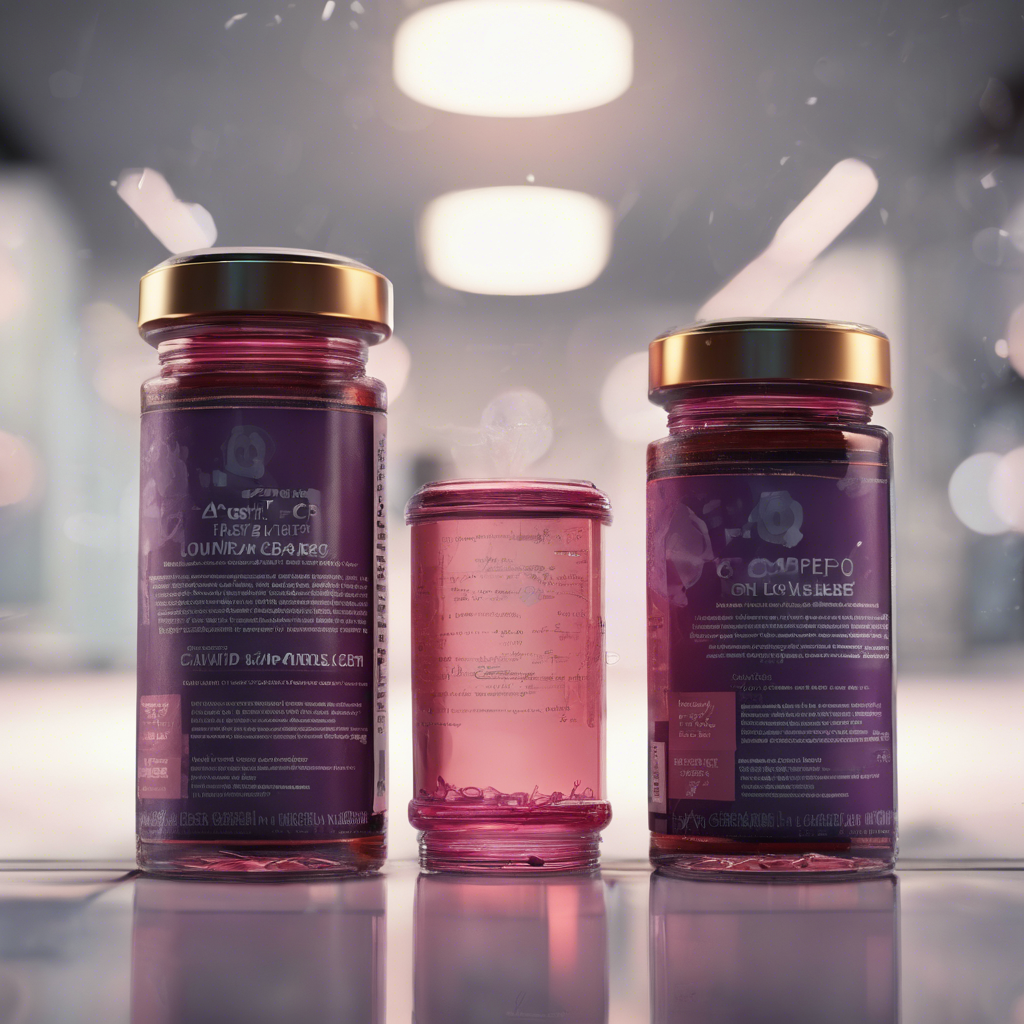Liquid Biopsy Is A Groundbreaking Test For Early Detection Of Pancreatic Cancer
Published by Healthdor Editorial on April 16, 2024
A new liquid biopsy test demonstrates nearly perfect accuracy in detecting early-stage pancreatic cancer, revolutionizing early diagnosis and potentially improving survival rates.

Pancreatic cancer, notorious for its stealth and lethality, often eludes early detection with most patients diagnosed at advanced stages. This grim reality may soon change with the introduction of a new blood test that combines microRNA signatures with the well-established cancer biomarker CA19-9, boasting a remarkable 97% accuracy in detecting the earliest stages of the disease. This innovative approach, detailed in a recent study presented at the annual meeting of the American Association for Cancer Research, could vastly improve early detection and treatment outcomes.
Revolutionary Approach to Cancer Detection
The liquid biopsy test, an elegant yet powerful tool, offers a beacon of hope in the grim landscape of pancreatic cancer diagnostics. Typically diagnosed in its advanced stages due to vague symptoms like stomach discomfort or unexplained weight loss, pancreatic cancer has long been a formidable foe. However, this new test detects pancreatic ductal adenocarcinoma, the most common form of the disease, in its nascent stages.
Dr. Ajay Goel, the study's lead researcher from City of Hope's Molecular Medicine Program, shared insights into the mechanics of the test. It involves analyzing small molecules known as microRNAs, found in exosomes released into the blood by both healthy and cancerous cells. "Cancer cells tend to release significantly more exosomes due to their rapid division rates," explains Dr. Goel. This method not only identifies the presence of cancer but does so with precision early enough to drastically alter the course of treatment.
Bridging the Gap in Pancreatic Cancer Diagnostics
The implications of such a high-accuracy test are profound, particularly considering the current diagnostic challenges. Existing blood tests are generally employed post-diagnosis to monitor treatment response rather than detect new cases. "The majority of pancreatic cancer patients are diagnosed in an advanced stage, making effective treatment more challenging," comments Dr. Brian Wolpin, director of the Gastrointestinal Cancer Center at Dana-Farber Cancer Institute. This test represents a significant advancement in potentially shifting that paradigm.
Despite the excitement, the liquid biopsy isn't intended for widespread screening yet. Instead, it will likely be used for high-risk individuals, such as those with newly diagnosed type 2 diabetes, a family history of the disease, or specific genetic markers. This targeted approach ensures that the test could be used judiciously where it is most needed, avoiding unnecessary procedures for those at lower risk.
Future Prospects and Continued Research
While the initial results are promising, ongoing research is crucial to validate the test's clinical application. Dr. Goel and his team are now working on applying this testing method to thousands of stored blood samples from the PLCO cancer screening study. They are also exploring whether the test can differentiate between benign and malignant pancreatic cysts, which could further refine its utility in clinical practice.
As researchers push forward, the potential of liquid biopsies to transform cancer diagnostics is clear. Dr. Goel remains optimistic: "We are incredibly excited by the data, as pancreatic cancer is notoriously deadly. Having a test that can reliably detect early-stage pancreatic cancer with an acceptable false-positive rate would be immensely beneficial."
In summary, while there's still much work to be done, the development of this liquid biopsy test is a significant step forward in the fight against pancreatic cancer. It not only promises to improve early detection but also offers hope for more effective treatment strategies, potentially saving thousands of lives each year.
Wow, this is incredible news! As someone who lost a loved one to pancreatic cancer, I know firsthand how devastating this disease can be. The fact that there is now a liquid biopsy test with nearly perfect accuracy in detecting early-stage pancreatic cancer gives me so much hope for the future. Early diagnosis is key when it comes to pancreatic cancer, and this new test has the potential to revolutionize the way we approach detection and treatment.
I remember how difficult it was for my family to watch our loved one go through the aggressive treatments for late-stage pancreatic cancer. If this new test can improve survival rates by catching the disease in its early stages, it could make a world of difference for so many families.
I'm grateful to the researchers and scientists who have worked tirelessly to develop this test. It's a reminder of the importance of investing in medical research and the potential for life-changing advancements in the field of healthcare. I hope that this new liquid biopsy test will soon be widely available and accessible to all who may benefit from it.
Latest Sources
- article Changes in Retina of One Eye December 12, 2024
- story The Abortion Dilemma: A Personal Story February 26, 2024
- article Understanding Drooping Eyelids: Causes, Symptoms, and Treatment April 06, 2024
- article Understanding Susceptibility to Urinary Tract Infections December 12, 2024
- article Understanding T35.0 Superficial Frostbite on Multiple Body Areas June 26, 2024
- article Accidental Poisoning by Soap Products: A Serious Health Concern November 26, 2024
- story My Journey to Weight Loss March 19, 2024
- article Understanding Skin Pigmentation Disorders February 04, 2024
- article Activities to Support Your Mind and Body During Advanced Breast Cancer Treatment December 12, 2024
- article Understanding J05AX65 софосбувир и ледипасвир for Hepatitis C Treatment December 12, 2024
Connect with Us